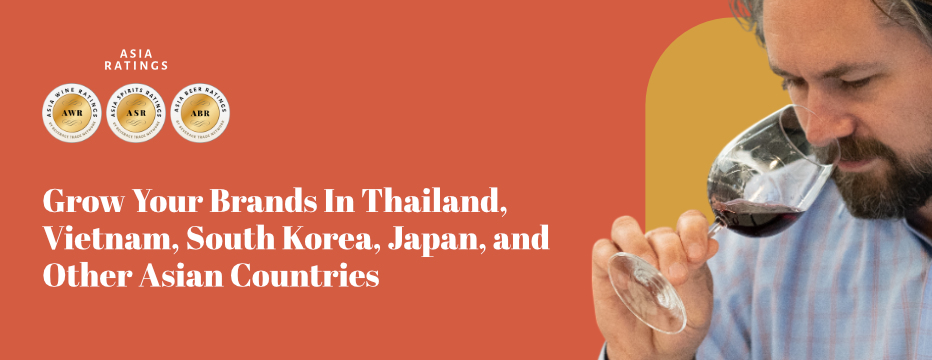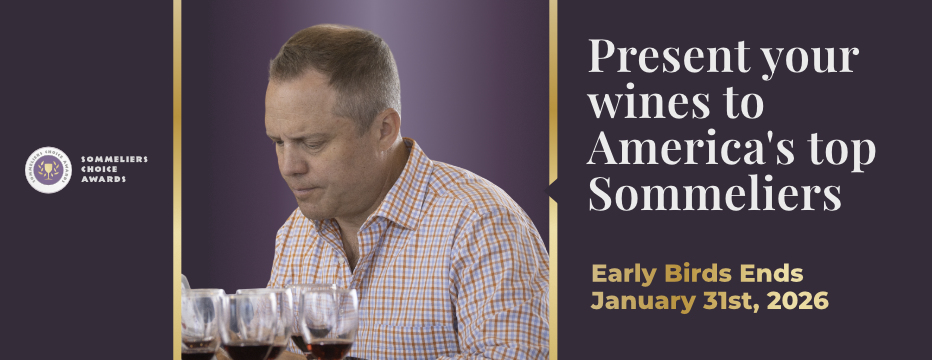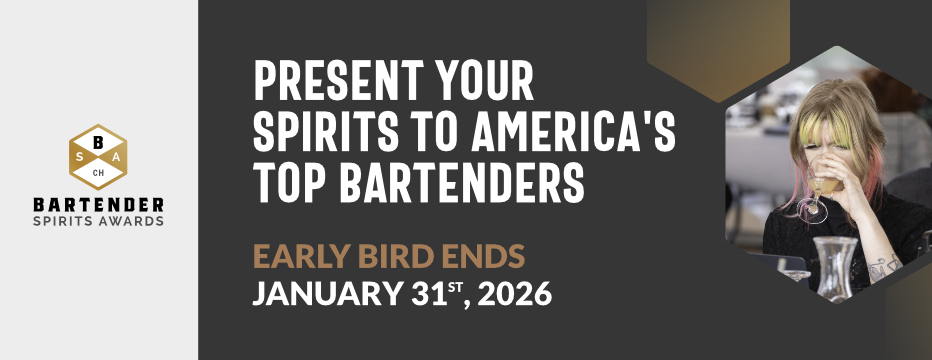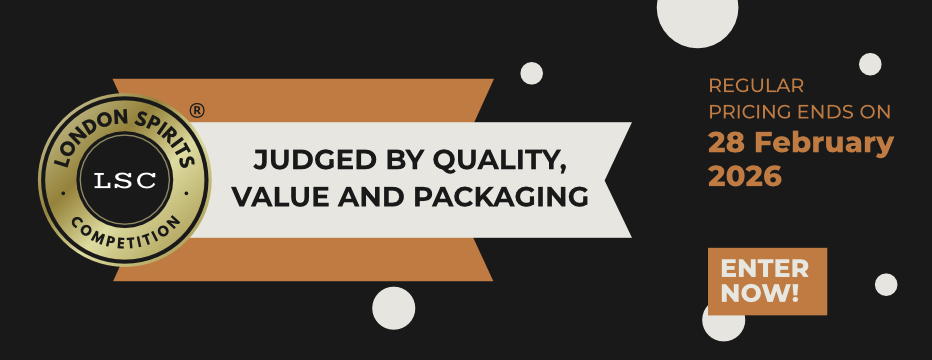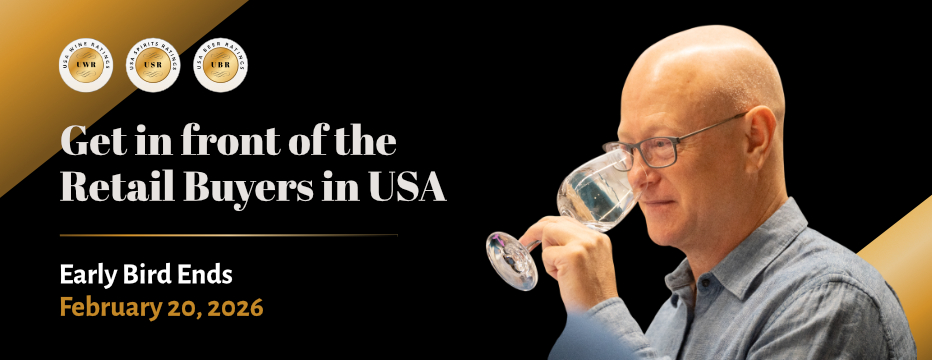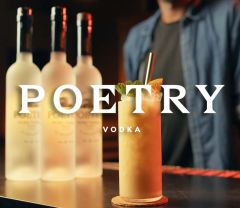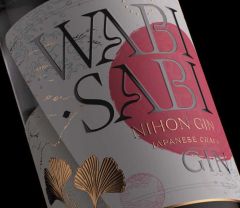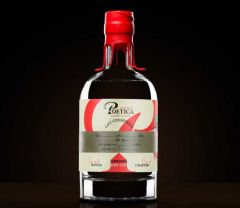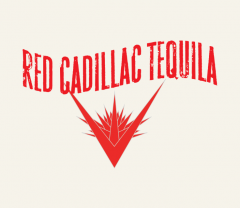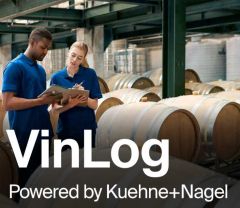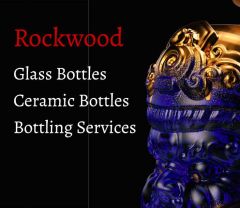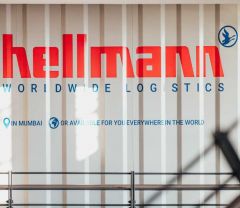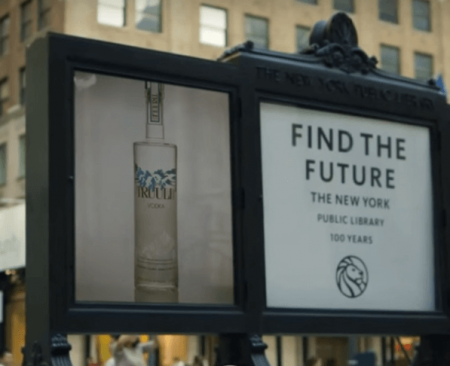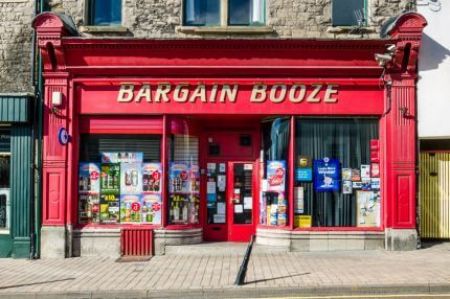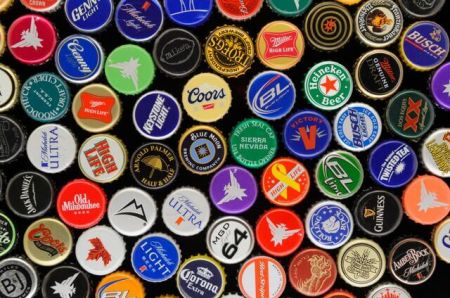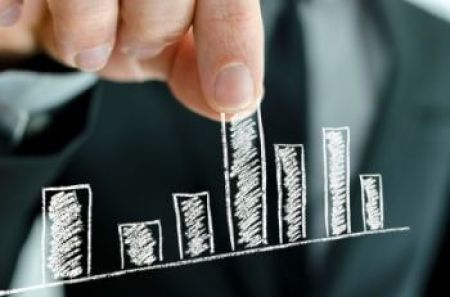Category Navigation
Share
Broadcast date:
//
Featured Brands
Featured Suppliers
Sommeliers Choice Awards 2025 Winners
Here's everything you need to know about drinking in one of the fastest growing cities of United Arab Emirates, Dubai.
Dubai is one of the most competitive markets in the world – and one of the most prestigious. No wonder it is a goal for everybody who has something to sell, to conquer this market. We are looking at the opportunities this city can provide and also the rules to follow when it comes to sell alcohol in under Muslim law.
Dubai is one of the fastest growing city of the United Arab Emirates. Oil, gas and petrochemical related industries are boosting the city’s economy. It has transformed itself from a fishermen's and pearl diver's village into a lavish city with ultra modern architecture, luxury hotels, fine dining restaurants, shopping malls, well-developed desert attractions, theme parks and more. Everything here is bigger, more shiny and more luxurious than in other parts of the world.
It doesn't surprise much that the second largest contribution to its wealth comes from the tourism industry. And this industry is responsible for more than 80% of the alcohol consumption in the UAE.
The emirate welcomes over 11 million tourists a year and by 2020, thanks to the EXPO that will be hosted by the city, Dubai will receive nearly 25 million visitors, 70% of which are to be expected from non Muslim countries. Although being a conservative Islamic place, Dubai knows that its economy is boosted by this booming tourism industry and it is effectively obliging the supply and demand model when it comes to providing alcohol to its global guests.
What's interesting is that the stand-alone or individual restaurant concept is still very new in Dubai. However, most of the hotels have operating high profile restaurants under their own brand. In the recent years, many well-known chefs like Gordon Ramsay, Pierre Gagnaire, Jamie Oliver, Wolfgang Puck, Nathan Outlaw, Alain Ducasse have been attracted by the city and started their joint ventures with luxury hotels. And since brand names are everything in this glitzy market, the results did come quickly: hotel food sales rose and the beverage revenues reached new heights.
But what about the residents? The city has 3.1 million inhabitants of which around 85-90% are ex-pats and migrant workers. It’s a mix culture of Western European and Eastern residents.
But since it is an Arabic country and with the respect to the religious practice, the government carefully and strictly regulates the business of alcohol. Alcohol can be served only in licensed outlets or hospitality venues. In order to be allowed to buy, carry and keep alcohol in their homes, residents need to acquire an alcohol license. This license is only granted to non Muslim residents and is pre-set according to their monthly income.
With retail globally seeming to be in a constant crisis – it comes a bit as a surprise to see that the wine and spirits stores in the UAE can pretty much hold up with beverage sales in hospitality.
This is clearly the merit of the ex-pat residents who support the suppliers and help rotating their wine stocks. By that they allow them them to bring in new wines on a regular basis.
And those private clients are usually on the higher income side, collectors of high value wines, Europeans with good wine knowledge, thirst and a huge demand for top wines. No wonder, that the enPrimeur Bordeaux business in Dubai is a huge success.
If you wonder how it is at all possible to bring, distribute and sell alcohol in a Muslim country, it is worth taking a closer look behind the scenes.
The government has allowed 2 companies to import and distribute wine and alcoholic beverages in Dubai. These companies are Maritime and Mercantile International (MMI) and African & Eastern (A&E). They cater to all the hotels and restaurants that serve alcoholic beverages. Hotels, restaurants and resident license holders cannot buy alcoholic beverages from from any other sources apart from these two.
MMI is the leading beverage supplier to hotels, restaurants and bars in the UAE and Oman, and continuing its expansion across the Gulf and the Middle East, East Africa, Indian Ocean and South East Asia to become one of the world’s leading independent distributors.
MMI builds long-term, sustainable brand partnerships in multiple beverage categories through a combination of an international presence in high growth markets, unique logistics capabilities and investment in fresh, new hospitality and retail concepts. There are several retail outlets for mid segment beverages across the city and 10 super exclusive duty free outlets at Dubai International Airport under the name Le Clos – finest wines and luxury spirits.
African + Eastern has a long standing history in the region. It has grown from a small trading company to the largest importer and distributor of the world’s most popular alcohol brands in the Middle East and Arabian Gulf. African + Eastern operates a large retail network with 22 stores across the UAE and 4 in Oman.
What about spirits?
The consumption of spirits in Dubai is equally as strong as the consumption of wine, but it might even outrun it soon, since especially the younger residents are more drawn to spirits than wines. The bar concept is gaining popularity and it is becoming an integral part of life style. This has attracted spirit companies to invest in the Dubai Market. Big players such as Diageo, Constellation Brands and Brown-Forman support the market with their expertise to turn the city into a place just like any other high profile metropolis.
And still, there are a few rules everybody needs to play by and since the justice system is pretty rigid around here it is advisable not to take any risks.
Residents are not allowed to resale alcoholic beverages to other people, neither are they allowed to give alcohol to residents who don’t carry an alcohol license.
Restaurants and hotels cannot sell alcohol as a takeaway to anyone. Nor can guests take alcohol out of the hotel or restaurants premises.
The minimum age for consuming alcohol is 21 years and there is a zero tolerance on drinking and driving.
And if you are still wondering why a Muslim country is tolerating all this, have a look at these numbers: The government levies a tax of 30-50% customs on importing alcohol to Dubai. Hotels and restaurants charge an additional 20% on bills, out of which 10% is municipality tax that goes to the government and another 10% is service charge.
After all, money keeps the city going and growing and it seems there are no limits for this extraordinary place.
Webinar table of contents
Dubai Wine Market - How It Works and What You Need To Know If You Want To Enter It


